Dubai policy body recommends establishing PPP unit
17 January, 2018 | By JENNIFER AGUINALDO
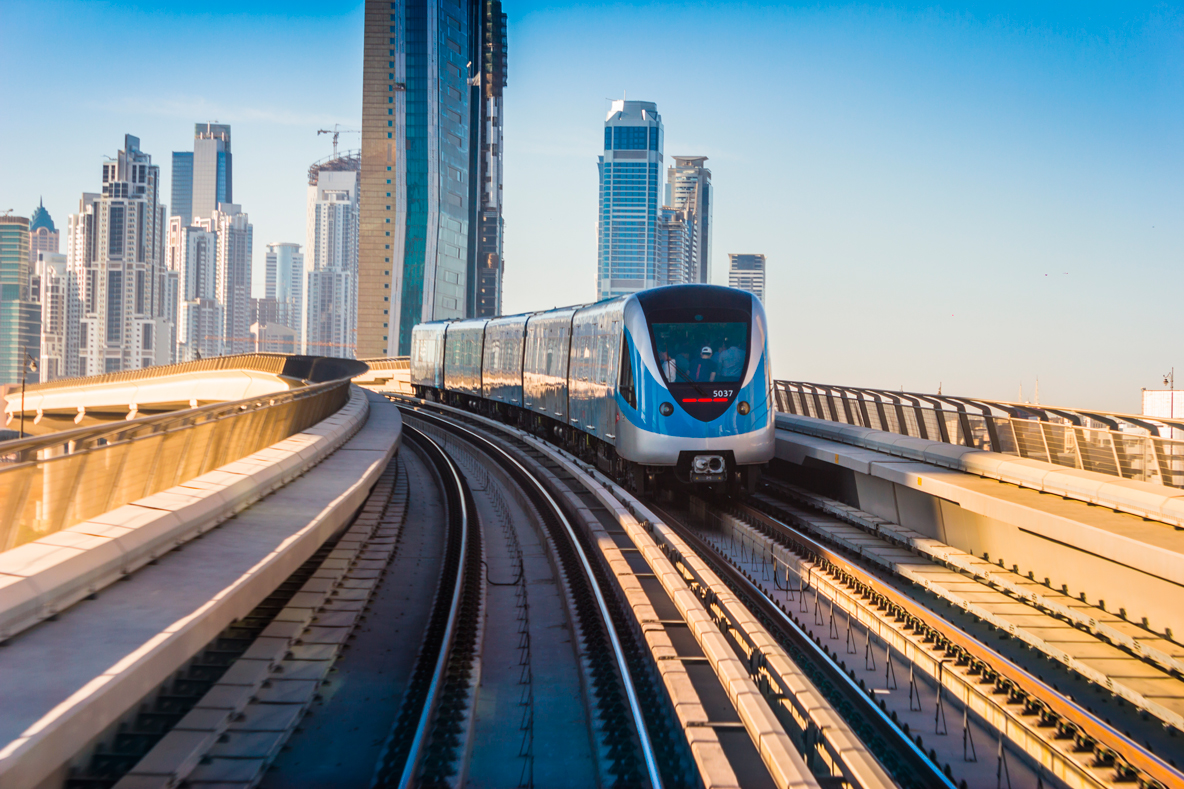
A policy paper published by the Mohammed bin Rashid School of Government (MBRSG) has recommended the establishment of a public-private partnership (PPP) unit within the government.
“I think its introduction would be a useful means of coordinating activity across government and with interested firms looking to involve themselves in PPPs,” says Guy Jonathan Burton, associate professor at MBRSG and author of the paper.
Most countries that have successfully implemented PPP projects, including the UK, some states in Australia and South Africa, have existing PPP units. In the Middle East and North Africa region, Egypt and Saudi Arabia have also established PPP units within their finance and economic planning ministries, respectively.
According to Burton, the UAE would benefit from establishing a PPP unit at the beginning of the process rather than later, which was often the case in other countries.
Citing an OECD finding, the policy paper cited that most countries established a PPP unit at a later stage “when they realise the need for one, to provide clarity, coordination, guidance, technical expertise and assessment of PPP projects”.
However, the UAE has to address several key issues before establishing its own PPP unit, including defining its functions and responsibilities, recruitment of qualified staff and its jurisdiction – whether its coverage will include only Dubai or the entire federal government.
Dubai’s finance department approved the emirate’s PPP law in 2015. It also issued guidance for the law the following year.
The guidance set out regulations for four types of PPP contracting. These include build, operate, own and transfer (BOOT); build, operate and transfer (BOT); build, transfer, operate (BTO); and transfer and operate (TO).
It also specified the government agencies to be involved with contracting PPP projects, including: the relevant government entity for PPP projects worth under AED200m ($55m); the finance department for projects worth AED200m-AED500m; and the supreme fiscal committee for projects with budgets exceeding AED500m.
Negotiations for a number of PPP projects outside the power and water sector are already under way in Dubai. They include the development of two new buildings and an automated car park at Dubai Courts as well as the Dubai Union Oasis, a mixed-use real estate project to be developed on the land above the underground station where the Dubai Metro Red and Green lines meet.
Related Posts
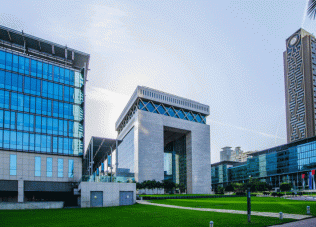
Oversupply points to further decline and shrinking developer margins in the Dubai real estate market in 2019, and continued weakness through 2020
Dubai real estate prices will continue to deteriorate in ...
READ MORE
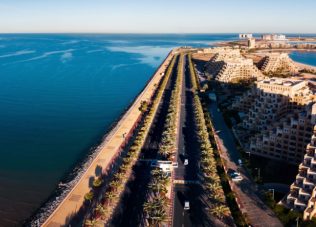
Obtaining finance for capital projects remains a challenge for first-time hotel developers in Ras al-Khaimah
This article is the third in a series that captures key highlights from the RAK ...
READ MORE
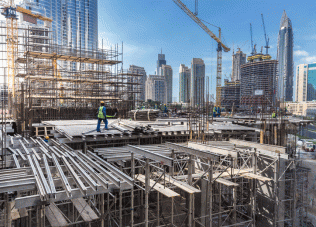
The region’s construction sector is undergoing great change, as contractors shift their focus to exploring new sectors and geographies
After five years of being propped up by projects in Dubai, the ...
READ MORE
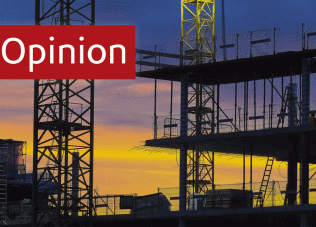
Enforcement of awards has become a key issue as arbitration becomes a more popular method of resolving disputes
Attitudes to dispute resolution are changing in the UAE, particularly since the launch ...
READ MORE
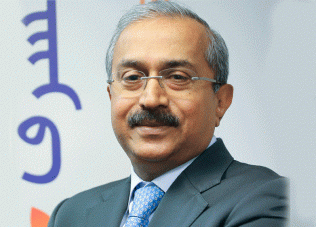
The rapid response of governments and banks has sustained the economy through the lockdowns, but the Covid-19 crisis is creating new challenges for banks
Q&A with Roy Philip, senior executive vice-president and group chief credit officer, Mashreq ...
READ MORE
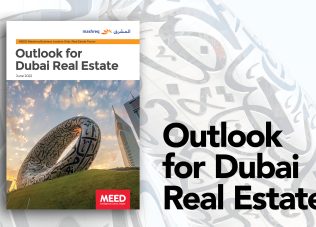
Experts at the Real Estate Forum analysed trends disrupting the property market in the coming year
Despite the multitude of challenges that have faced the market in recent years, Dubai’s real ...
READ MORE
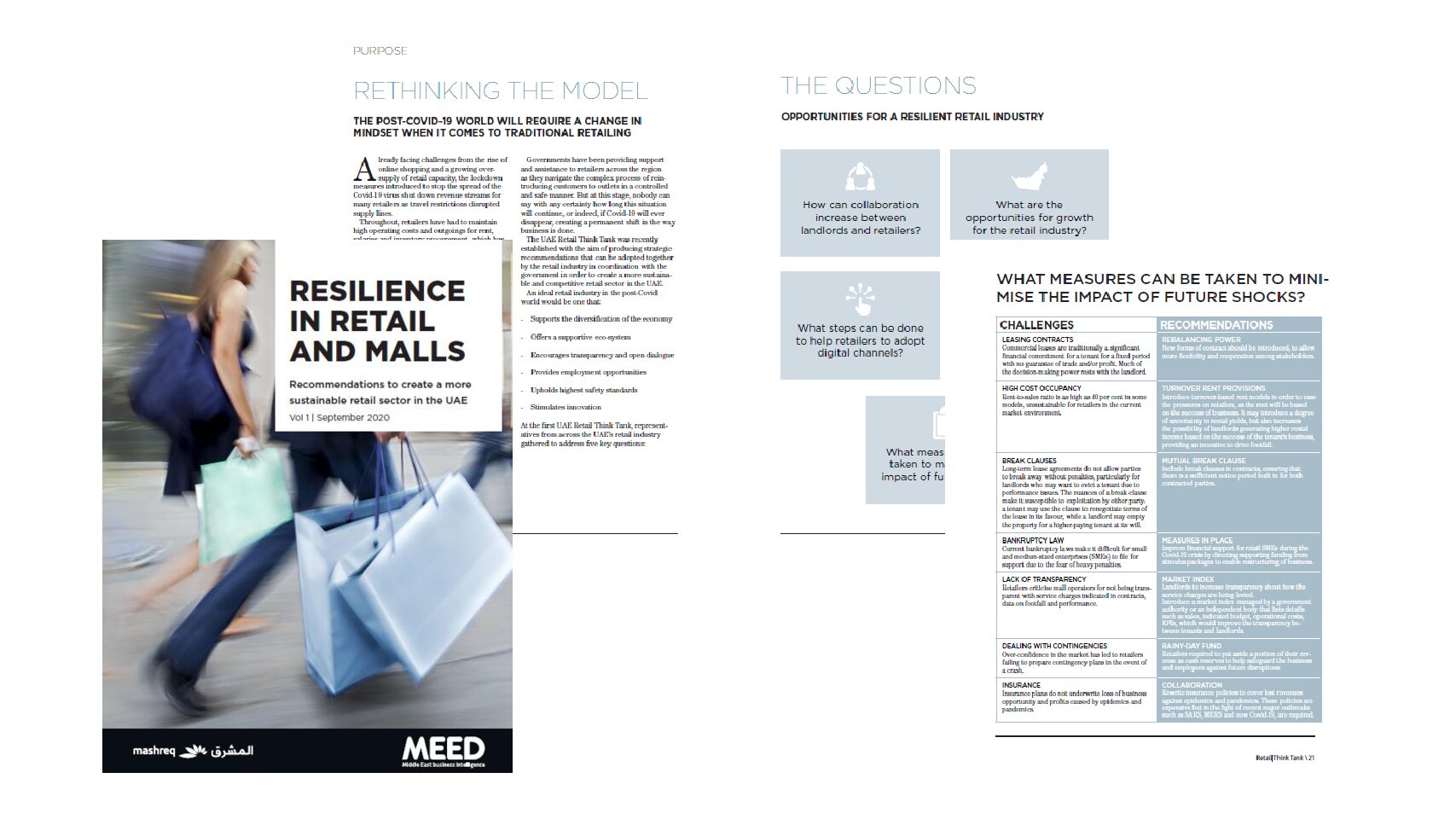
Mall owners and retailers recommend actions for a more sustainable and resilient retail sector in the UAE
Download your copy of the white paper here
The UAE Retail and Malls Think Tank ...
READ MORE
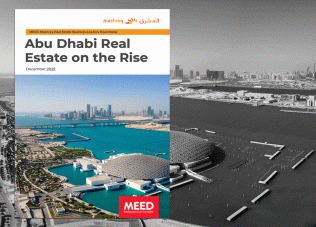
Abu Dhabi has put the foundation in place to become a global hub for real estate investments
Abu Dhabi has embarked on an ambitious programme to attract private and foreign investment ...
READ MORE
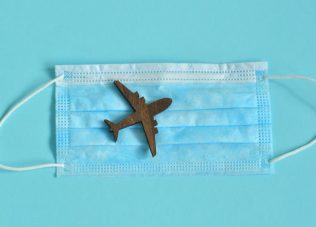
Building consumer confidence and opening up in a phased manner will be crucial in ensuring the resumption of UAE’s tourism sector, says latest briefing from Mashreq Bank
Download the complete media ...
READ MORE
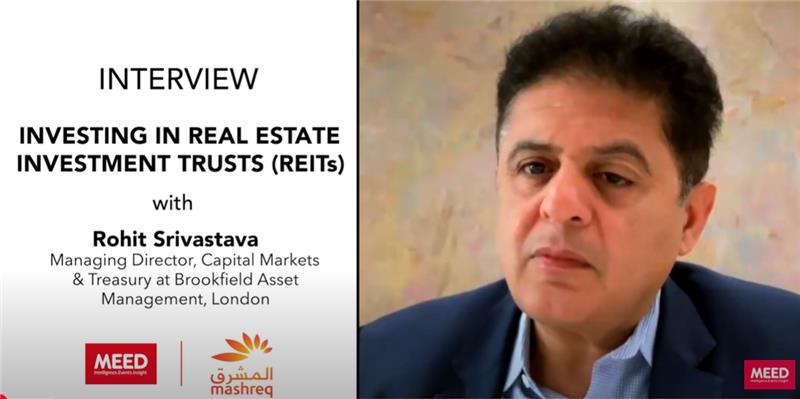
Rohit Srivastava, managing director of capital markets & treasury at Brookfield Asset Management in London, discusses how REITs are expanding access to real estate and gaining traction in the GCC, ...
READ MORE
Dubai real estate will improve in 2021 at
Planning for a year of transition in construction
UAE arbitration process faces challenges
MARKET TALK: Keeping business going during the crisis
Outlook for Dubai Real Estate
Think tank calls for action to boost retail
Abu Dhabi Real Estate on the Rise
Travel and tourism outlook brightens on vaccine rollout
Watch: How REITs are opening up new avenues
17 January, 2018 | .By JENNIFER AGUINALDO













